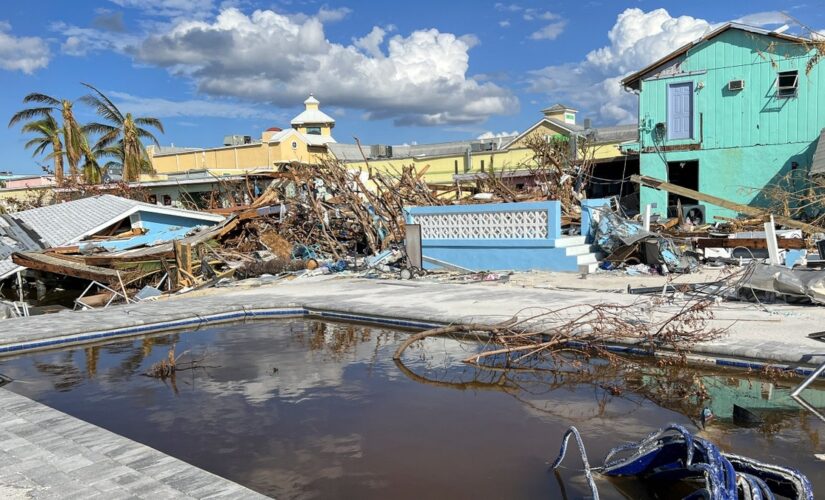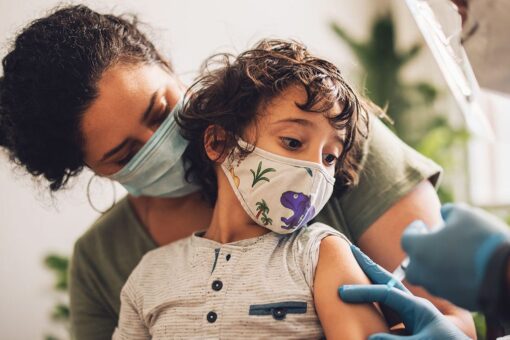Florida health officials in Lee County have alerted the public to potential risks of Vibrio vulnificus infections following Hurricane Ian, with data showing confirmed cases in the state at record levels.
The health department is urging people to take precautions against Vibrio vulnificus, a bacterium that usually lives in warm, brackish seawater.
The bacteria typically grow faster in warmer months and sewage spills in coastal waters caused by Hurricane Ian may increase levels.
According to the department, there are currently 65 confirmed cases and 11 deaths from the rare bacterium, with an asterisk noting there is an “abnormal increase due to the impacts of Hurricane Ian.”
HURRICANE IAN VICTIM NEEDS NEW HOME: GERMAN SHEPHERD-RETRIEVER UP FOR ADOPTION IN NEW JERSEY
Recovery efforts are underway Saturday, October 15, 2022, on Fort Myers Beach, Florida. Hurricane Ian made landfall on Sept. 28, 2022.
(Thomas O’Neill/NurPhoto via Getty Images)
Vibrio vulnificius is part of a group of vibrios called “halophilic” because they require salt.
According to the Centers for Disease Control and Prevention, some Vibrio vulnificus infections lead to necrotizing fasciitis, a severe infection in which the flesh around an open wound dies. Necrotizing fasciitis can be caused by more than one type of bacteria.
People with open wounds, cuts or scratches can be exposed to the bacterium through direct contact with the mixture of fresh and seawater.
Vibrio Vulnificus, Septic Shock And Blistering Skin Lesions, V, Vulnificus Bloodstream Infections Are Fatal About 50 percent Of The Time.
(BSIP/Universal Images Group via Getty Images)
Vibrio vulnificus can cause an infection of the skin which may lead to skin breakdown and ulcers.
While anyone can get a Vibrio vulnificus infection, the infections can be more severe for people with weakened immune systems.
HISTORIC FLORIDA FORD FACTORY TO BE DEMOLISHED DESPITE PLEAS FOR PRESERVATION
The bacterium can invade the bloodstream, causing a severe life-threatening illness with symptoms including fever, chills, decreased blood pressure and blistering skin lesions.
It has the potential to cause severe illness or death; the CDC says about one in five people die sometimes within a day or two of becoming ill.
Vibrio vulnificus can also cause disease in people who eat raw or undercooked oysters and shellfish.
Ben Wolven, as know as Oyster Wulff, is shucking oysters outside of Forget Me Not bar in Cherry Creek in Denver, Colorado on Friday, March 11, 2022.
(Hyoung Chang/MediaNews Group/The Denver Post via Getty Images)
It is not transmitted from person to person, but people who are experiencing symptoms should seek medical attention immediately.
Those who have wounds, cuts or scratches should stay out of flood water, standing water, seawater and brackish water.
CLICK HERE TO GET THE FOX NEWS APP
After contact with such water or raw or undercooked seafood and its juices, wounds and cuts should be thoroughly cleaned with soap and clean water and covered with a waterproof bandage.




